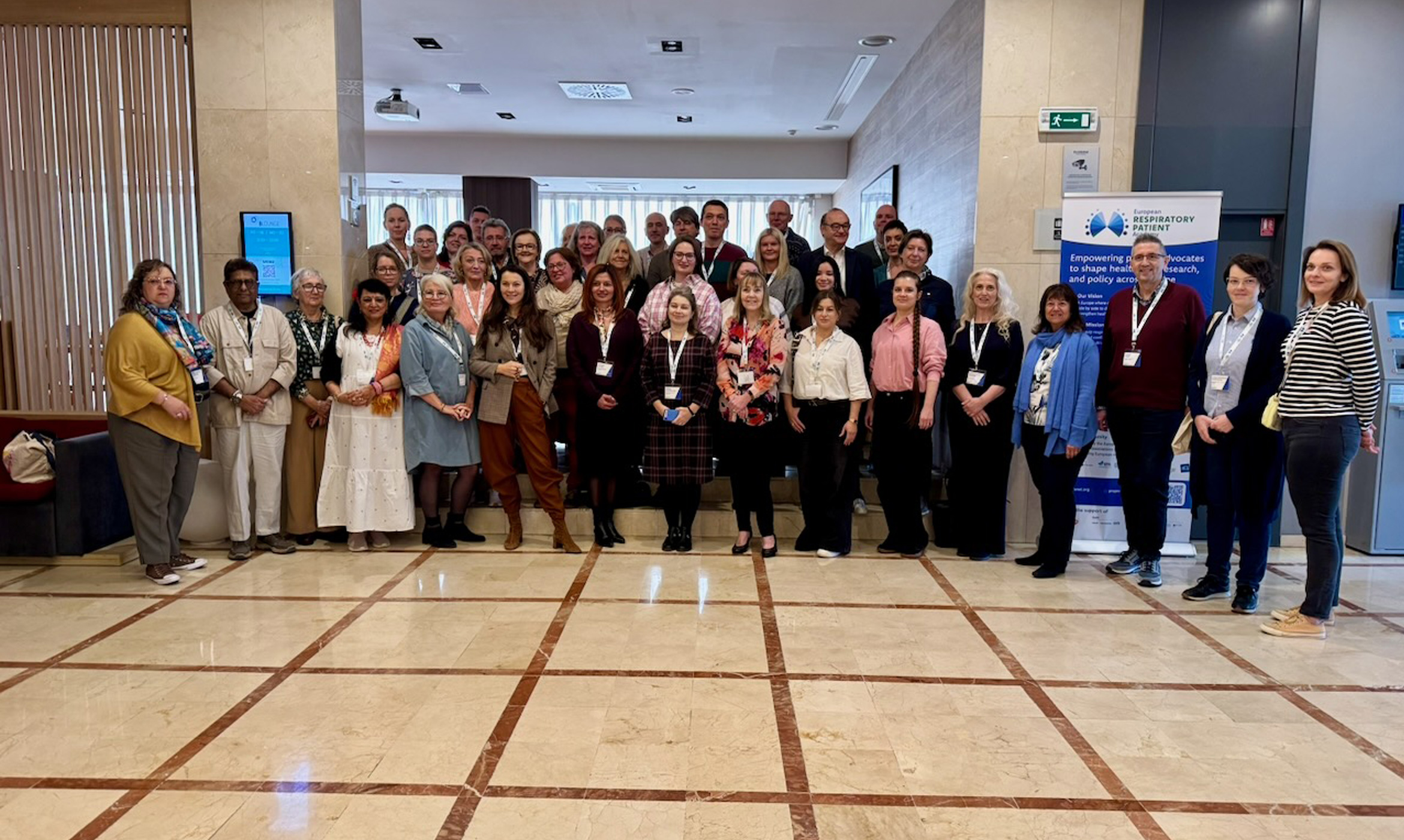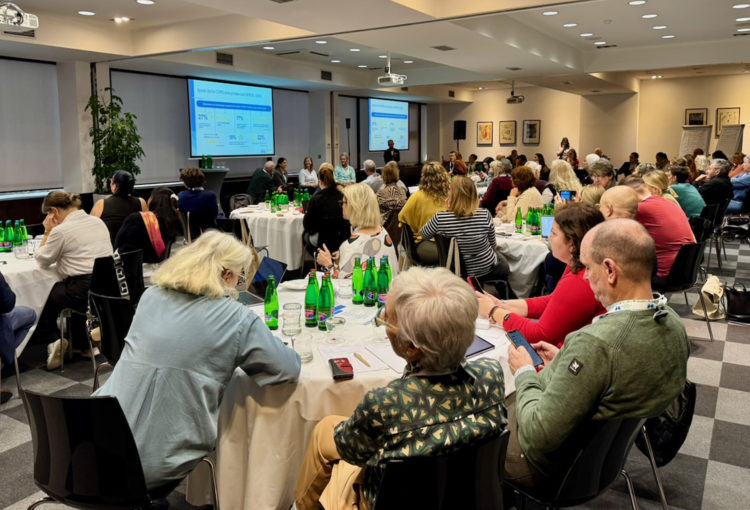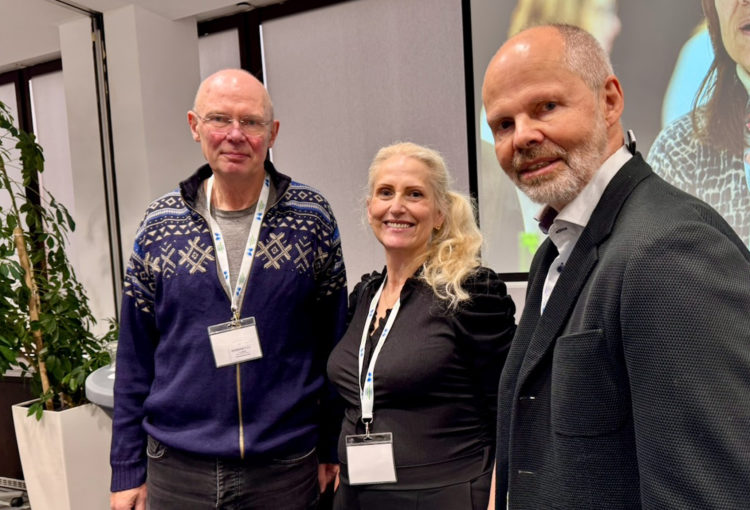European Respiratory Patient Academy

Prague, 13–16 November 2025
The European Respiratory Patient Academy took place in Prague on 13–16 November 2025 and gathered patient advocates from many countries for four days of training, networking, and skills-building. The Academy, coordinated by EFA and co-developed with the Steering Committee of the European Lung Health Group (ELHG), offered an intensive and well-structured programme designed to strengthen the role of respiratory patient organisations in Europe. The programme content and structure are outlined in the Academy Guide and included a combination of presentations, workshops, and interactive group exercises.
As part of the Steering Committee, I helped give input to and shape the programme in advance. Each association in the ELHG had the opportunity to nominate five participants. I shared the information with our members, and the organisers selected five candidates based on the applications we received. Unfortunately, one of the selected candidates became ill shortly before the event. Due to the short notice, it was not possible to activate our reserve list, so four participants ultimately attended on behalf of PHA Europe.
The programme began on Thursday with welcome remarks, followed by sessions on prevention, public awareness campaigns, and how to engage policymakers, led by Karoly Illy. This was followed by an excellent session by Inez de Kruijf-Carter on stigma in respiratory diseases and how public perceptions shape patient experiences. These opening sessions helped set the stage for the Academy by strengthening participants’ understanding of the broader societal and political context of respiratory health.
Friday focused on core advocacy competencies. Alfonso Aguarón introduced advocacy essentials and strategies for creating meaningful and measurable change. A roundtable on access to care highlighted major inequalities across Europe and the need for early detection and better access pathways. In the afternoon, Oxana Rucsineanu spoke about the role of patients in shaping research, stressing how lived experience can improve the relevance and applicability of scientific work. At the end of the day, I delivered the recap session, summarising the day’s learnings and reinforcing the main advocacy tools and principles that had been discussed.
Saturday concentrated on understanding scientific data and healthcare systems. The morning session with Anne-Marie Russell and Liam Galvin provided a practical introduction to critical appraisal of research. This was followed by Salvatore Pirri’s explanation of healthcare systems, stakeholders, and the economics behind access to respiratory care. In the afternoon, Jan Geissler led sessions on leadership, empowerment, and how patient advocates can navigate complex systems, build alliances, and strengthen organisational impact.
The final day included a highly useful session on communication and message development by Sarah Geraghty, followed by organisational sustainability and management, presented by Jan Geissler and Marcia Podesta. The Academy concluded with closing remarks, group photos, diplomas, and a final lunch before departures.
Overall, the European Respiratory Patient Academy offered a rich and well-organised learning environment. Our participants were engaged throughout the four days and expressed that the content was relevant, motivational, and applicable to their work. As a Steering Committee member, I found it rewarding both to contribute to the design of the programme and to take part actively during the event. The Academy successfully strengthened connections within the European respiratory patient community and supported the development of skills that will benefit our collective advocacy work in the years ahead.






